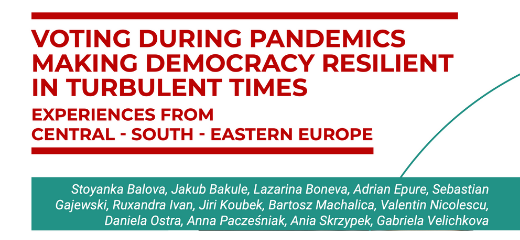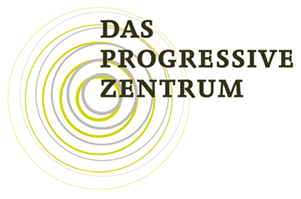
next democracy
Publication
Democratic Implications of the Transatlantic Trade and Investment Partnership
July 15, 2016Author: Abigail Goundry, Adam White, Adeline Otto, Ágnes Orosz
In the current stage of European economic, social and political integration, very few subjects are capable of crossing the national borders and prompt a genuine pan-European public debate. Since the last EU parliamentary elections, the on-going negotiation of a Transatlantic Trade and Investment Partnership (TTIP) one of those happy exceptions. Given its ambition, novelty and potential disruptive nature on future global economic governance, this result is not a cause of surprise. Despite the mounting attention and degree of contestation elicited by this international agreement, the public debate surrounding its negotiations appears largely polarized.
Supporters of TTIP – such as industry groups and some EU Member States – praise the economic benefits it could bring about to companies – notably SMEs – employers and consumers. Critics instead – essentially civil society organisations, trade unions but also some Member States – highlight the high social costs that might ensue from TTIP’s alleged lowering of regulatory standards. Unfortunately neither vision seems to do justice to the nature, ambition and realities of such an agreement. In turn, the media and the political class unwisely contribute to misinform and amplify concerns by focusing on some selected aspects – such as the transparency of the negotiations or the inclusion of an Investor-State Dispute Mechanism (ISDM) – that paradoxically might not be the most problematic of the agreement. To debunk some myths and possibly contribute to a more informed debate, a few fundamentals must therefore be asserted.
related publications
-

Voting during pandemics: making democracy resilient in turbulent times
read more -

Pax Americana vs. Inclusive Security in the Middle East
read more -

In Our Hands: Progressive Ideas for a Renewed and Repurposed Trans-Atlantic Bond
read more -

The Belarusian Quest for Democracy: A Moral Commitment for All Europeans
read more -

Vote 16 - When opponents turn into supporters
read more -

Changing Political Discourse in the Aftermath of the 2008 Crisis. The case of Italy
read more



























































